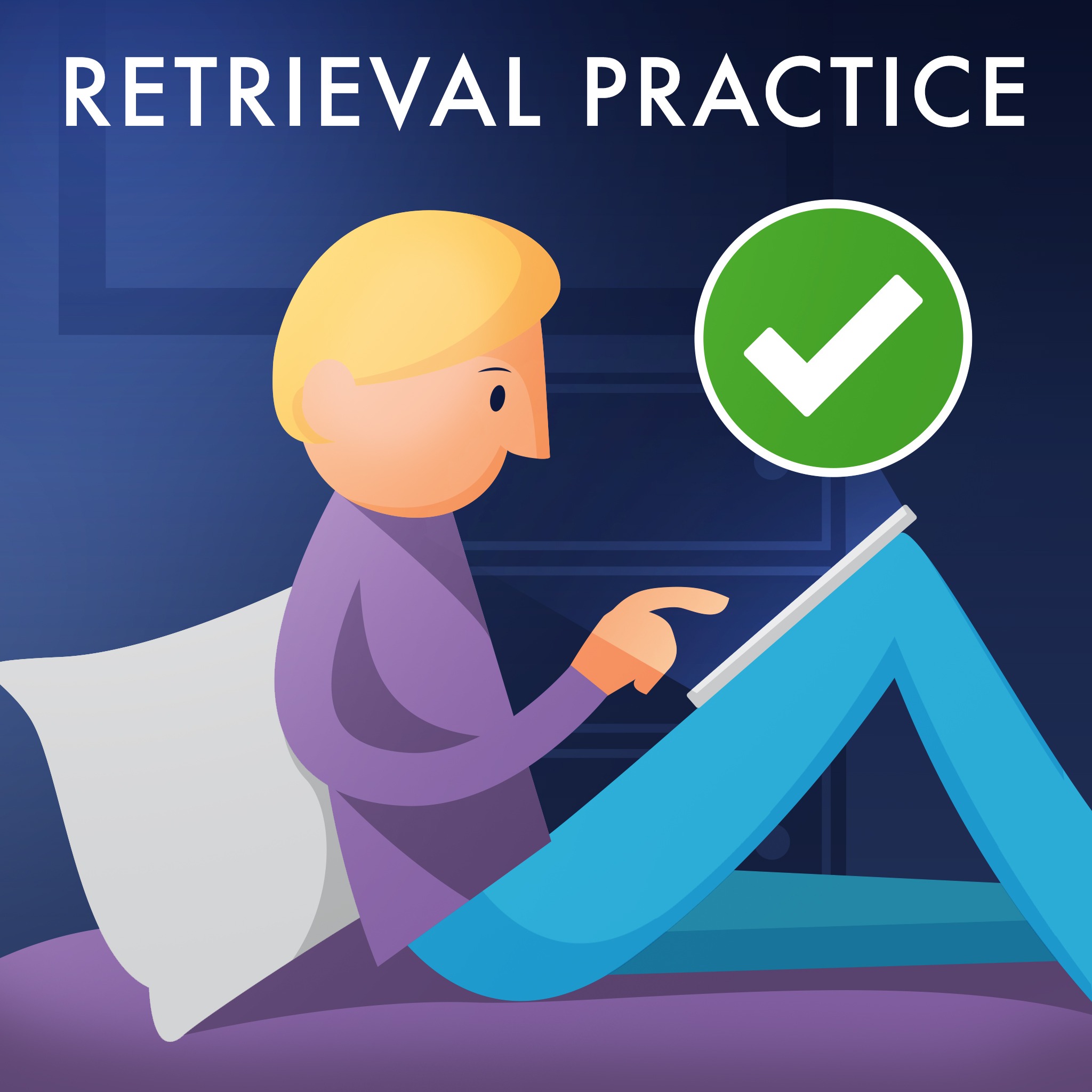
I have lost count of the number of times I have revisited a topic several weeks after teaching it only to find that some of the pupils are adamant that they have never seen it before - and then instead of teaching what I planned, the lesson is hi-jacked by recapping old work. I am not alone; Hin-Tai, a maths teacher at Michaela Community School, puts it more eloquently in his excellent Mathagogy blog:
“After hours preparing pedagogy & teaching materials, then 60 minutes of communal graft in the lesson itself, it feels like we might have gotten somewhere with that topic. Then… fast-forward to tomorrow / the next week / the assessment, and those same pupils will literally deny having even heard of that topic before. ‘Gradient? What’s gradient?’”
The pupils are not being disingenuous. The problem is that they have forgotten. Their lives are busy, chaotic in some cases, and ‘gradient’ just doesn’t make the cut. But it isn’t all their fault – there are strategies that we can use to help them remember and this is where retrieval practice comes in.
Many teachers already instinctively use retrieval practice as a starter activity. For instance, a set of 10 quick questions at the start of a lesson requires pupils to retrieve what they have previously learnt and is a form of retrieval practice. Other formats include mathsbot, Corbett 5-a-day, and Numeracy Ninja. Futhermore, any form of quizzing or testing can be thought of as retrieval practice.
The reason that retrieval practice is important is not only because it interrupts the process of forgetting, but also because the struggle of recalling the information helps strengthen the memory. Having to get information out of the brain is a more effective way to learn than re-reading or re-studying. Interestingly, it appears that the harder it is to recall the information, the greater the impact on memory. These are sometimes referred to as desirable difficulties.
There is a significant body of academic research which has demonstrated the impact of retrieval practice on memory, but a more digestible review of the evidence can be found in the superb book “Make It Stick: The science of successful learning” and in particular the aptly named chapter “To Learn, retrieve”.
What we’ve done with Arc Maths App is create a tool that allows for the easy integration of retrieval practice into the classroom or home environment. Personalised questions on Arc Maths App create the opportunity for retrieval that is so important to help students learn.